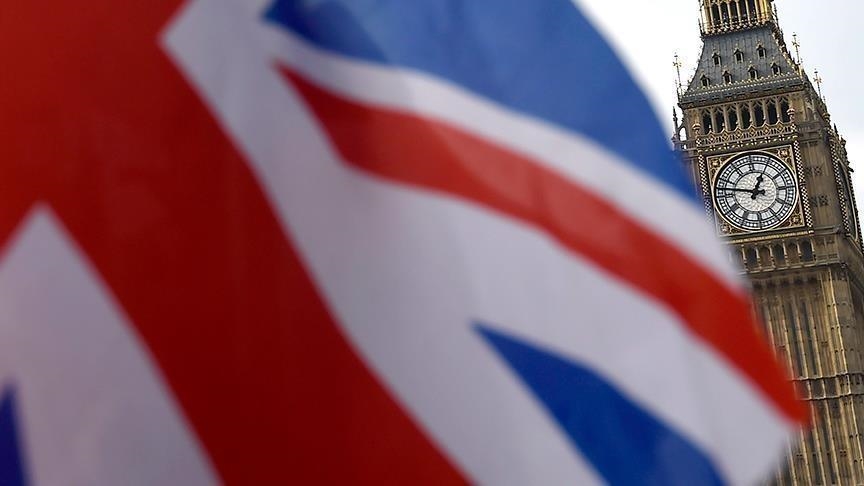LONDON
The UK government has warned that proposed US tariffs on British steel imports would be damaging for both nations, as it seeks to negotiate an exemption from President Donald Trump’s planned trade measures.
Business Secretary Jonathan Reynolds told the BBC on Sunday that the UK and US have a “mutual interest” in avoiding the 25% import tax, set to take effect in March, and stressed that Britain’s steel industry offers “very specialized” products that the US relies on, such as navy submarine casings made in Sheffield.
Reynolds said imposing tariffs on UK steel “would be negative for ourselves; it would be negative for the US as well,” warning that it could push up costs for US taxpayers.
The warning comes after the UK government pledged up to £2.5 billion (approximately $3.15 billion) in support for its struggling steel industry, which faces increasing financial pressure from rising costs and global competition.
UK Steel, which represents the sector, called Trump’s planned tariffs a “devastating blow,” noting that they could severely impact the industry’s £400 million-a-year trade with the US.
Though the UK is not a major supplier of steel to the US, with exports accounting for only 10% of total British steel shipments, industry leaders are concerned that the tariffs will set a precedent disrupting trade relations.
President Trump has stated that the tariffs would be enforced “without exceptions or exemptions,” but Reynolds remained hopeful about ongoing diplomatic efforts, saying he had “constructive conversations” with key figures in the Trump administration, including the US special envoy to the UK.
While Reynolds acknowledged that negotiations are challenging, he said there is a “basis for constructive engagement” between London and Washington.
“I appreciate they have a mandate for changing how they approach trade, but we have a different argument, a different story to tell compared to the EU or China in relation to our trading relationships,” he explained.
Despite the growing tensions, the UK government has ruled out immediate retaliation, opting instead to continue pushing for an exemption through diplomatic channels.

